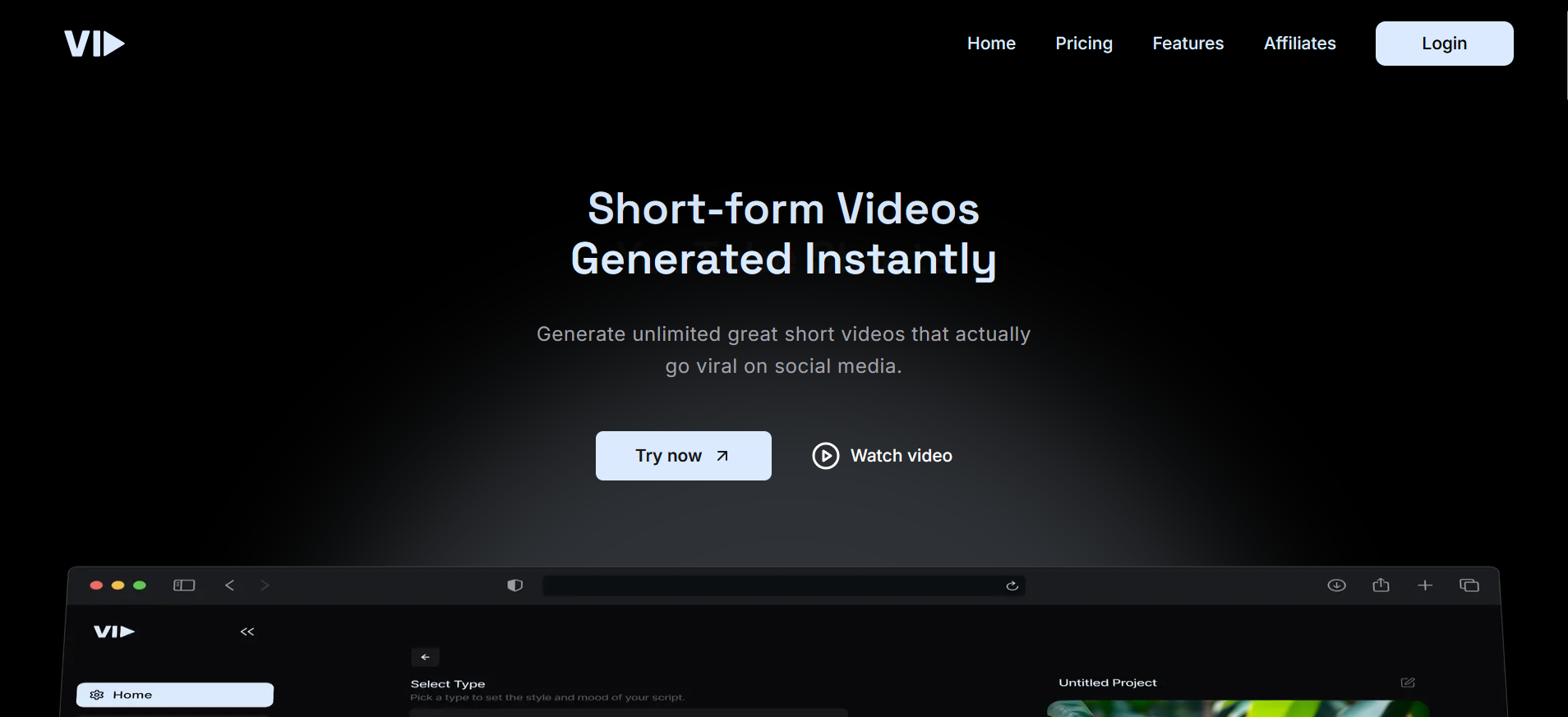Elon Musk is notoriously hard to impress. The billionaire behind Tesla and SpaceX is recognized for his unwavering drive, exacting standards, and knack for debunking hype. So when he shared his thoughts on Meta’s latest artificial intelligence model on X.com (formerly Twitter), the tech world took notice. His verdict? “Not bad.”
While it may seem like a simple compliment, Musk’s words carry significant weight. Meta's language model, Llama 3, has evidently captured the attention of one of Silicon Valley’s most discerning figures—and for good reason.
Released today in open-source form, Llama 3 marks a significant advancement in Meta's AI evolution. Available in 8 billion and 70 billion parameter versions, it was trained on an impressive 15 trillion tokens of data, utilizing a custom-built cluster of 24,000 GPUs. The outcome? A model capable of rivaling the top language systems globally, generating human-like text with remarkable fluency and coherence.
A Strategic Masterstroke
Llama 3 is not just a technical feat; it represents a strategic advantage for Meta. By open-sourcing the model, the company is leading a movement towards transparency and collaboration in AI. Recent projects, such as Stable Diffusion and LAION, demonstrate how open data and models can accelerate progress in machine learning. With Llama 3, Meta is betting on a future where innovation thrives in open ecosystems rather than proprietary systems.
The AI community has responded positively. Andrej Karpathy, former director of AI at Tesla and a key contributor to OpenAI's GPT models, praised Llama 3, stating, “Super welcome, Llama 3 is a very capable looking model release from Meta.” He highlighted Meta's commitment to solid systems and extensive data work as indicative of the model's quality.
Karpathy’s endorsement carries significant weight in the AI field, as he can distinguish groundbreaking advancements from incremental ones. His enthusiasm for Llama 3 suggests that Meta has achieved something remarkable—a model that expands the possibilities of current technologies and architectures.
The Battle for AI Supremacy
Llama 3 serves a dual purpose as a formidable research project and a crucial component of Meta's strategy to integrate AI throughout its expansive ecosystem of apps and services. This model will power a new virtual assistant, poised to be the premier solution, seamlessly integrated into platforms like Facebook, Instagram, WhatsApp, and Messenger. For Meta, which faces challenges in its core advertising business, AI represents a key opportunity to enhance user engagement, unlock new revenue streams, and reclaim its position in the social media landscape.
Meta is not alone in its pursuit of AI dominance. OpenAI’s popular ChatGPT system has set a high standard in large language models, while Google, Mistral, and numerous startups are competing in this space. Yet, with Llama 3, Meta demonstrates both the technical expertise and strategic foresight necessary to stand shoulder to shoulder with the industry leaders.
Clement Delangue, founder of Hugging Face, commended Meta for its technical skill and strategic insight, noting that Llama 3 quickly became the fastest model to reach the number one trending spot on Hugging Face, doing so in just hours.
The influence of Llama 3 is expected to be significant, especially considering the popularity of its predecessors. Delangue pointed out that over 30,000 models have been released based on Llama 1 and 2. As the most powerful iteration to date, Llama 3 is likely to make a substantial impact on the AI ecosystem.
The Future of Open Source AI
The arrival of Llama 3 coincides with a critical juncture in the AI industry. As technology advances rapidly, concerns about its societal implications—ranging from job displacement to misinformation—are mounting. By fostering openness and transparency, Meta positions itself as a responsible steward of these powerful tools, while still pursuing its commercial ambitions.
Ultimately, Llama 3’s success will be gauged not only by its technical prowess but also by its capacity to drive meaningful change. Will it enable Meta to counter the TikTok challenge and reinvent itself in the AI landscape? Will it ignite innovation in the open-source AI community? And can it establish a new benchmark for transparency and accountability in a field often criticized for its lack thereof?
These questions will shape the future of artificial intelligence, and with Llama 3, Meta has made a bold statement that promises to resonate across the industry for years to come. The AI competition is heating up, and Elon Musk is watching closely. The rest of us would be wise to do the same.




